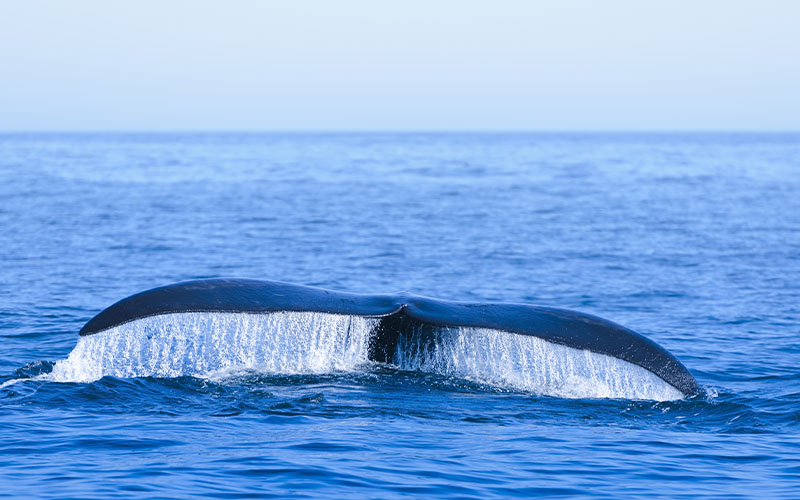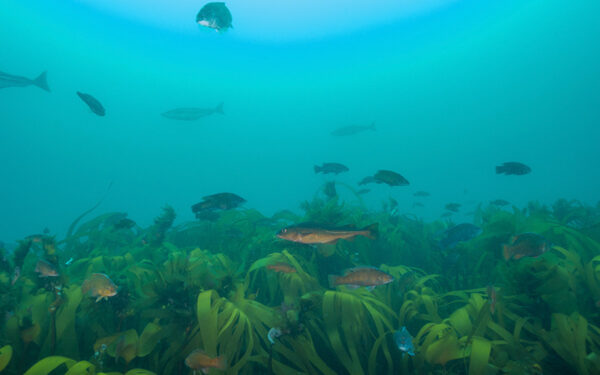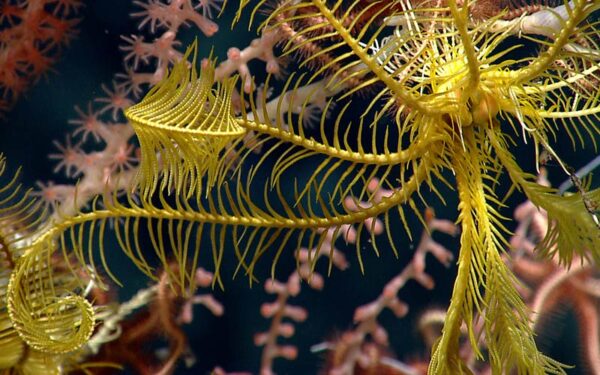
North Atlantic right whales are in danger of going extinct in our lifetime. Photo: Steve Meese/Shutterstock
North Atlantic right whales are in crisis. Last year, we lost 17 whales out of a population of barely 460. If we don’t act now, this already-endangered species could go extinct in our lifetimes.
CLF recently hosted a conversation with experts on right whales to discuss this crisis – and what can be done to save them. Below are highlights from the conversation, which included Brian Skerry, a veteran photojournalist whose work regularly appears in National Geographic; Scott Kraus, Vice President and Senior Advisor for the Anderson Cabot Center for Ocean Life at the New England Aquarium; and Erica Fuller, our own senior attorney. You can listen to or watch the entire discussion here.
A healthy ocean matters to all of us
Brian Skerry has photographed whales around the world, from the Arctic to tropical environments. It has helped him see that everything (humans included) in our natural world is interconnected, and that allowing any one plant or animal to go extinct knocks the entire system out of balance.
Most North Atlantic right whales will encounter fishing gear at least once in their lifetimes
North Atlantic right whales suffer from what Scott Kraus calls the “classic endangered species problem”: because there are so few of them, people rarely see them, even though the animals are dying because of human activities.
What happens when a whale is caught in gear?
One of the biggest threats to North Atlantic right whales is entanglement in fishing gear. The rope used in fishing gear has become much stronger over the years, making it likely that a whale will pull the gear for miles as it swims, causing deep cuts, draining its energy, and even leading to death.
Technology can be a part of the solution
“Ropeless gear” allows fishermen to drop their pots and traps without any line, then bring them to the surface with the push of a button. This kind of technology is one possible solution to gear entanglements.
Why CLF is suing the government to protect North Atlantic right whales
CLF has fought for decades to protect right whales, and now Erica Fuller is continuing that legacy by leading our case against the federal government. The lawsuit aims to force federal regulators to comply with their legal responsibility to protect the critically endangered North Atlantic right whale population.



